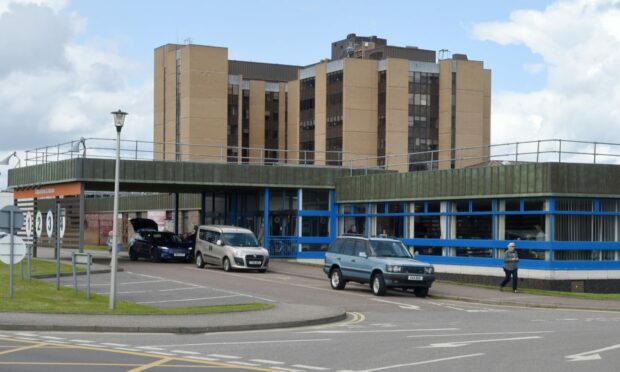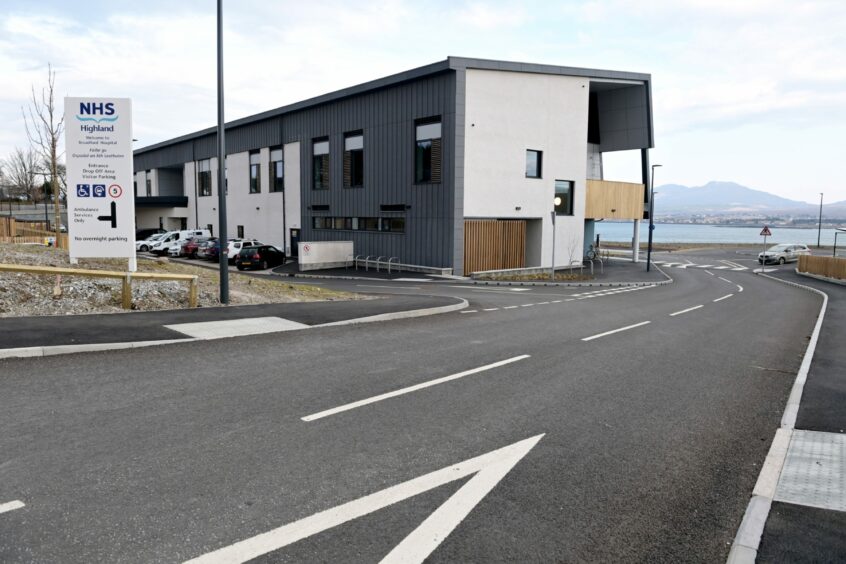Staff shortages and a lack of training have been highlighted as significant risks by NHS Highland in a report.
The NHS Highland board risk register was presented to board members this week in a report authored by programme manager Grace Barron.
It highlight the risks facing NHS Highland, with 12 “very high” or “high” risks identified and also plans to mitigate those risks.
The health board says several programmes of work are ongoing to address the concerns identified.
What risks does NHS Highland face?
NHS Highland operates Raigmore Hospital and several smaller hospitals over the largest geographical area in Scotland.
There have been pressures on the health board to deploy qualified staff to rural hospitals in Caithness, Skye and Lochaber.
Therefore, staff shortages have been deemed very high by the report noting there could be “an increased risk of failure to deliver essential services”.
This is due to “a shortage of available and affordable workforce”, resulting in reduced services, lowered standards of care and increased waiting times.
Raigmore Hospital in recent months has had to cancel procedures due to large numbers of people needing treatment.
There are also warnings of a lack of appropriate training for staff identified in the report.
It states: “There is a risk of harm to colleagues and patients because of poor compliance with statutory and mandatory training requirements resulting in possible data breaches, injury or harm to colleagues or patients, poor standards of quality and care, reputational damage, prosecution or enforcement action.”
NHS Highland will mitigate this risk by setting up a statutory and mandatory training group to implement staff training.
‘A risk of harm to colleagues and patients’
The report also points to the current socio-economic situation as a very high risk to care delivery.
Personal financial pressures on workers could further strain services with people taking time off due to poor health.
Cyber security is a continuous high threat to the health board, while there is a risk of a “negative colleague and patient experience” due to poor culture.
Efforts to improve work culture in NHS Highland are “long-term and ongoing” and rely on colleague engagement and co-production.
There are also warnings that the funding to reduce backlogs is insufficient, with NHS Highland appealing to the Scottish Government for extra funding to eliminate high-risk backlogs.
A NHS Highland spokesman said: “We recognise that we face a number of challenges across health and adult social care in Highland.
“In common with all large and complex organisations, we have a process to identify and mitigate risks, with the highest level risks being reported to the board.
“We have ongoing work to mitigate risks identified on our board risk register, including workforce planning and financial pressures.
“We will continue to update our board, patients and staff on the measures we are taking to manage these risks.”



Conversation